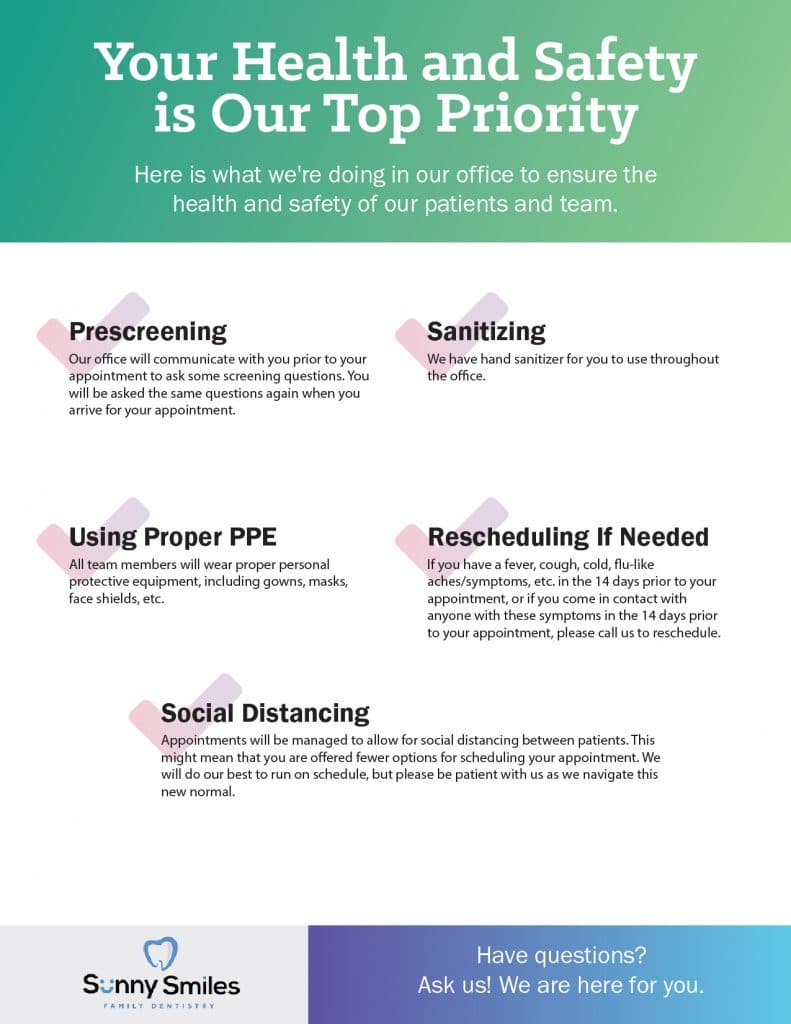 For many people, wisdom tooth extraction is more than a good idea—it’s a necessity to stop the impacted molars from damaging the rest of their smiles. Sometimes, though, extracting a tooth that isn’t impacted is also a good idea, such as if the tooth is damaged or extremely infected, or if it’s lost support due to severe gum disease. In any case, tooth extraction is only a good idea when there’s no other restorative option to save it, or to save your healthy teeth and oral tissues from suffering collateral damage.
For many people, wisdom tooth extraction is more than a good idea—it’s a necessity to stop the impacted molars from damaging the rest of their smiles. Sometimes, though, extracting a tooth that isn’t impacted is also a good idea, such as if the tooth is damaged or extremely infected, or if it’s lost support due to severe gum disease. In any case, tooth extraction is only a good idea when there’s no other restorative option to save it, or to save your healthy teeth and oral tissues from suffering collateral damage.
Because Impacted Wisdom Teeth Don’t Stop Growing
Wisdom teeth, or third molars, are frequently problematic. There is often little room left at the ends of a patient’s dental ridges to accommodate them, and the molars become impacted by the neighboring molars that are already fully developed. Impaction means that the wisdom tooth is impeded by another tooth, and it will continue to grow and cause increasingly worse discomfort until it is removed. Your dentist may recommend extracting wisdom teeth before they begin to cause problems to help avoid the discomfort and the need to restore damaged teeth later.
Because Dental Disease and Damage Don’t Stop Progressing
For teeth that aren’t wisdom teeth, extraction is usually recommended when restoring and saving the tooth is no longer an option. For instance, if decay spreads extensively through the tooth’s interior, then root canal treatment may not be able to stop the infection from spreading beyond the tooth’s root. If a tooth is severely damaged, especially if the root is fractured or broken, then extraction may be the only way to stop a severe infection, or prevent the broken tooth from harming nearby oral tissues.




